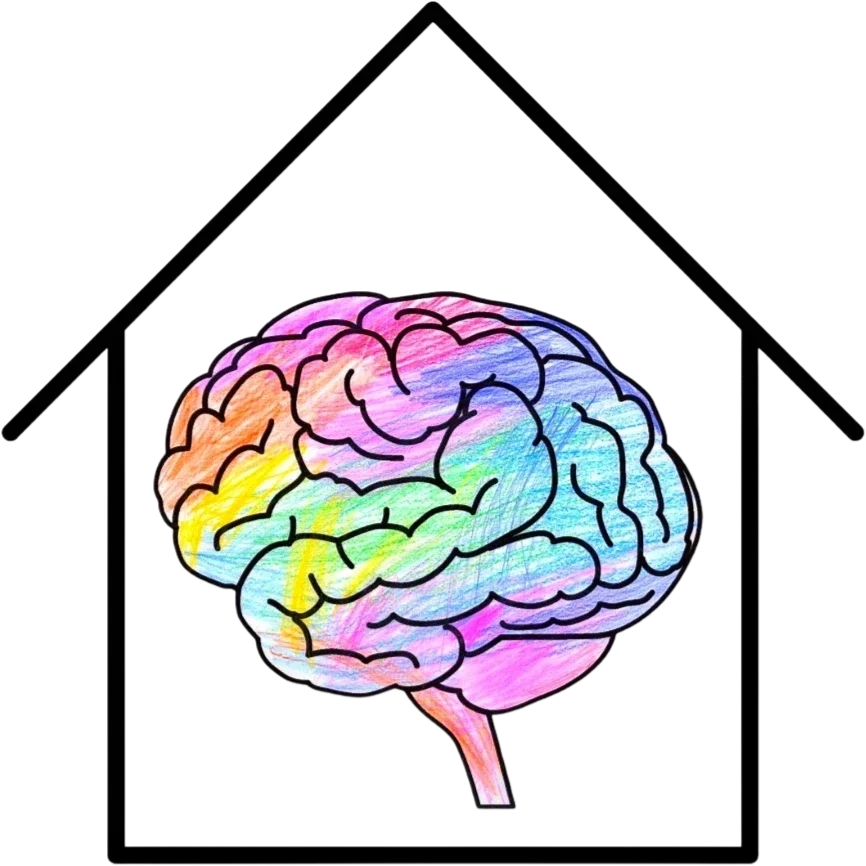Mel Houser, M.D, Executive Director, All Brains Belong VT (5/20/2024)
One size fits all does not work for all.
Click here for plain language summary
Neurodivergent people often struggle to access healthcare. Frequent negative experiences with the healthcare system leads to avoiding healthcare. And even when people “attend” healthcare, they often still do not get their needs met. This leads to high rates of untreated chronic medical problems, a whole lot of suffering – and even premature death.
The healthcare system is not designed for people with all types of brains. The healthcare system is set up with a “one size fits all” approach. And guess what? “One size fits all” does not work for all.
Reimagining healthcare
For the past 2.5 years, All Brains Belong has been pioneering a new model for healthcare. We combine healthcare with support for social connection, employment, and helping people arrive at a deeper understanding of their own needs.
We serve a group of people with high rates of medically complex conditions whose needs were not met by the traditional system. We think about a person holistically. We think about all the different ways we can wrap around and support someone. We ask our community what they need, and we try to do it. And it’s working.
With support from the Organization on Autism Research (OAR) and by the Health Resources and Services Administration (HRSA) of the U.S. Department of Health and Human Services (HHS) under the Autism Intervention Research Network on Physical Health (AIR‐P) grant, All Brains Belong recently completed a series of focus groups, surveys and interviews with 70 neurodivergent patients to identify specific “best practices” that allow them to actually access healthcare.
Over the next month, we’ll be describing what we do – through blog posts, infographics, video interviews, and even an upcoming free webinar (Tues 6/11/2024). We’ll be focusing on the specific strategies that can be adapted to any healthcare setting. We’ll also focus on strategies that patients can take on their own to get the healthcare they need.
We hope you’ll follow along…
P.S. Don’t forget to register for Practical Strategies for Neuroinclusive Healthcare, a free webinar about improving access to healthcare for people with all types of brains.


